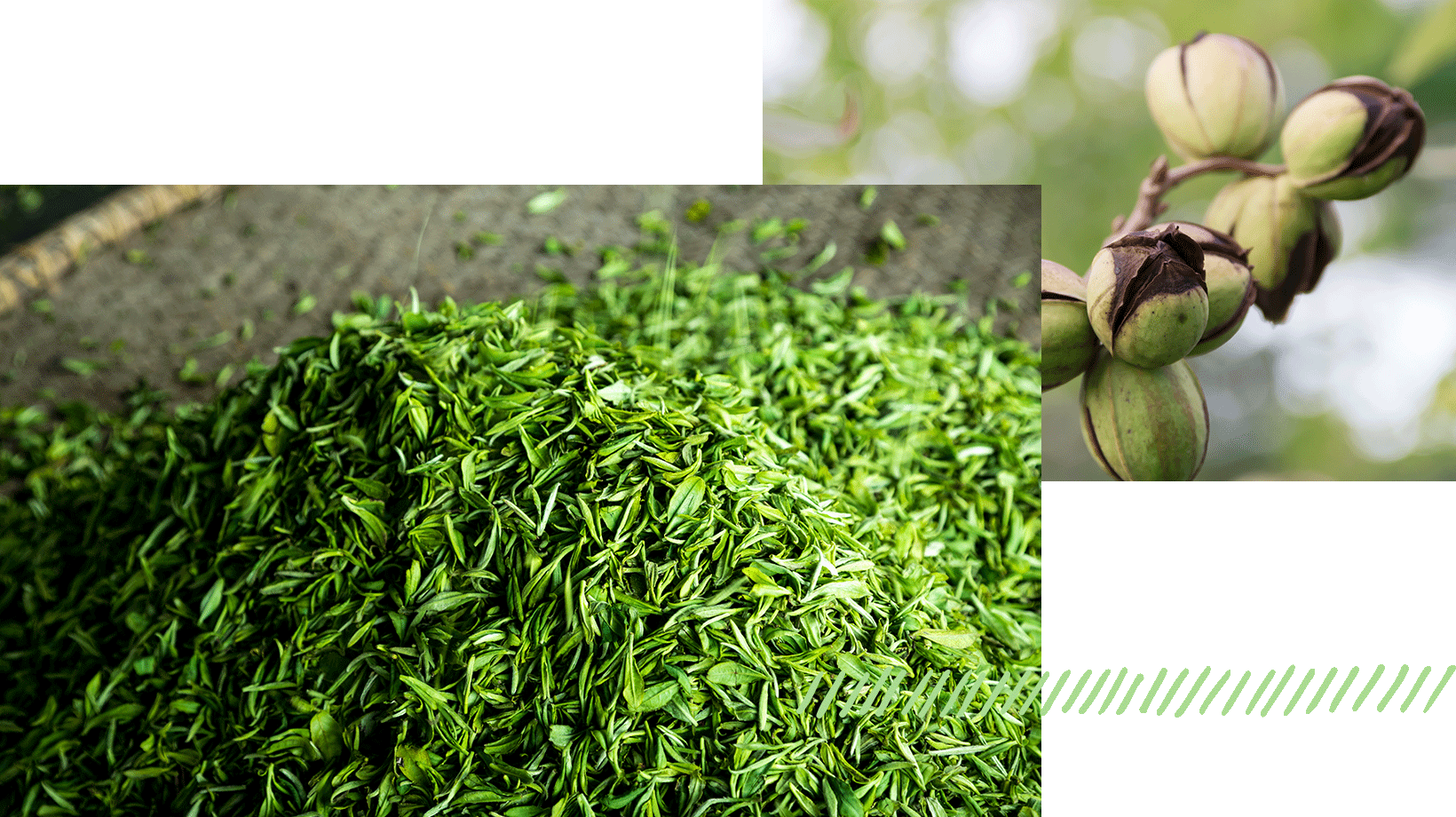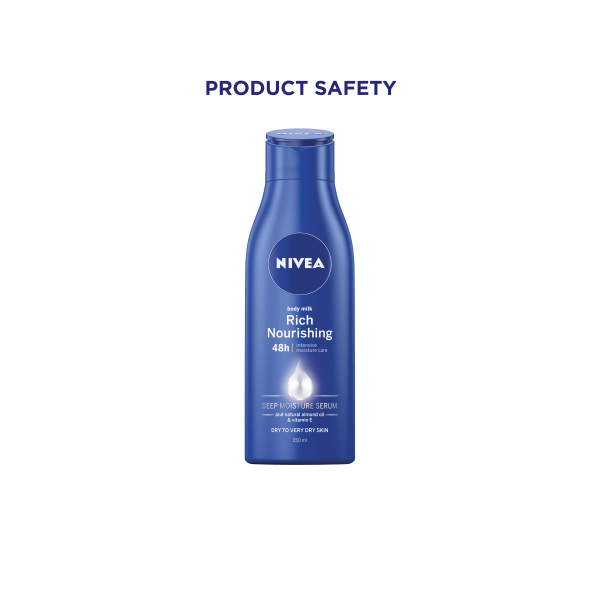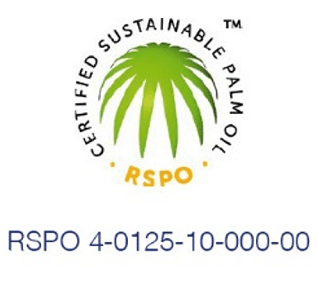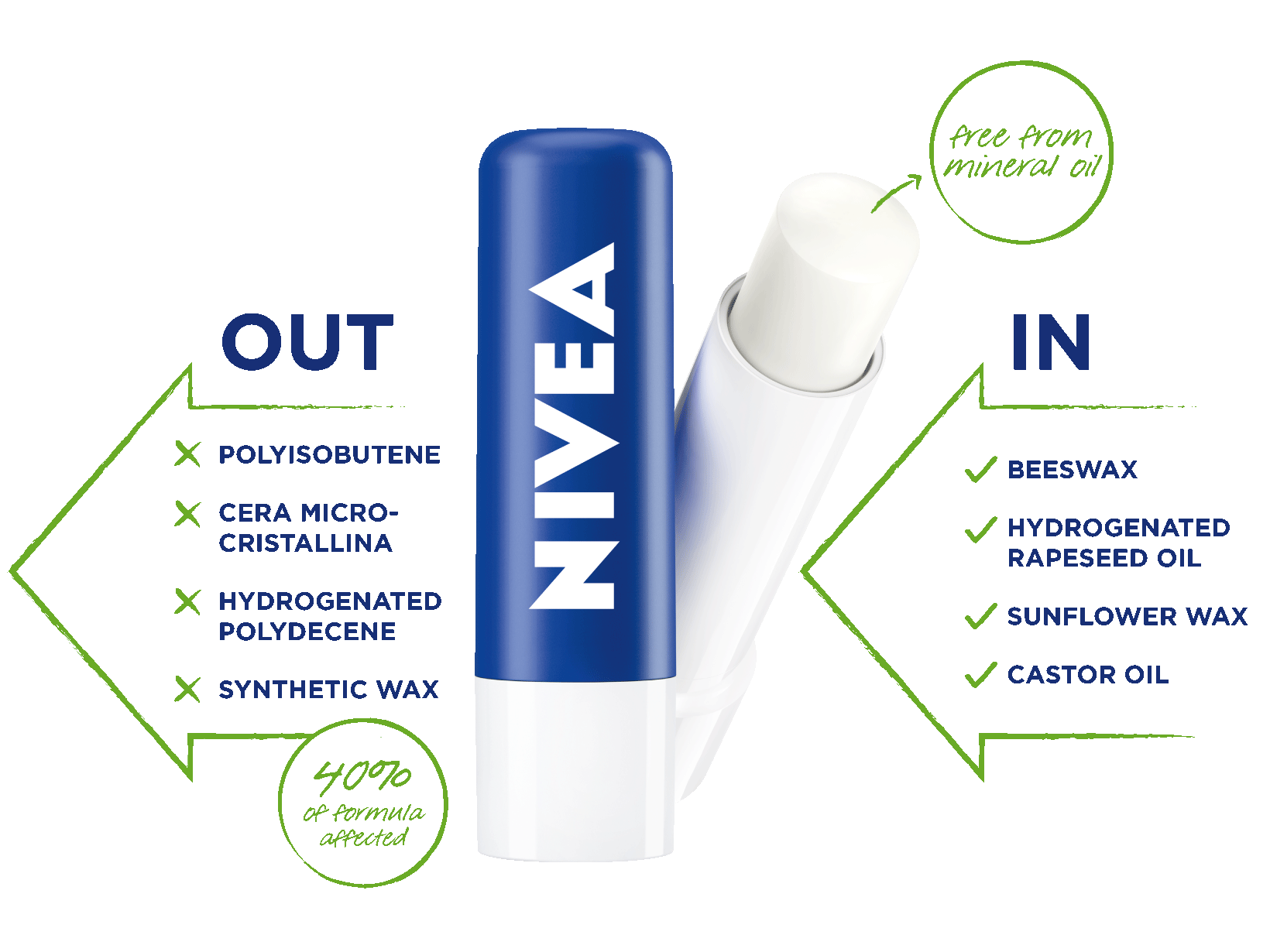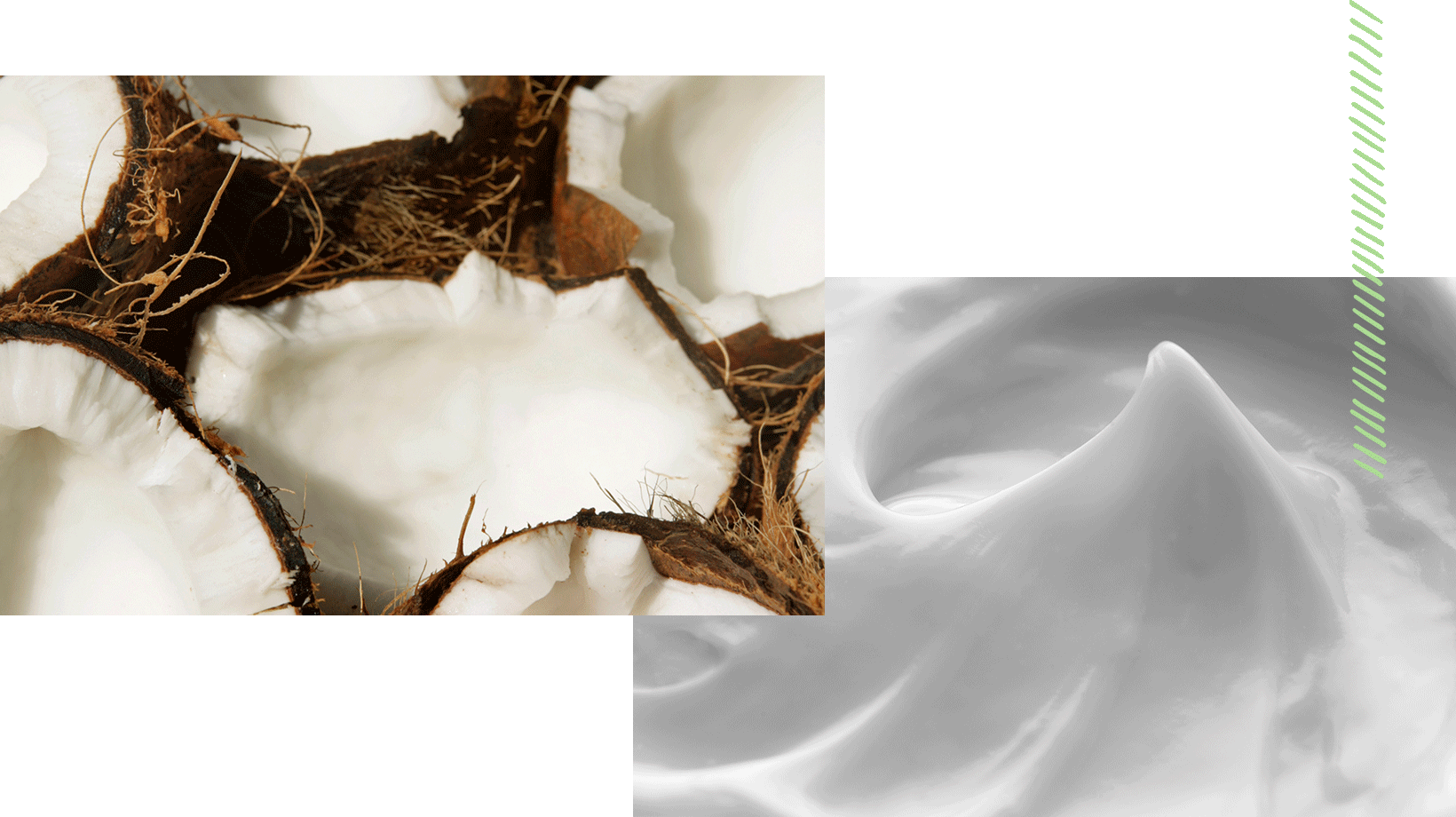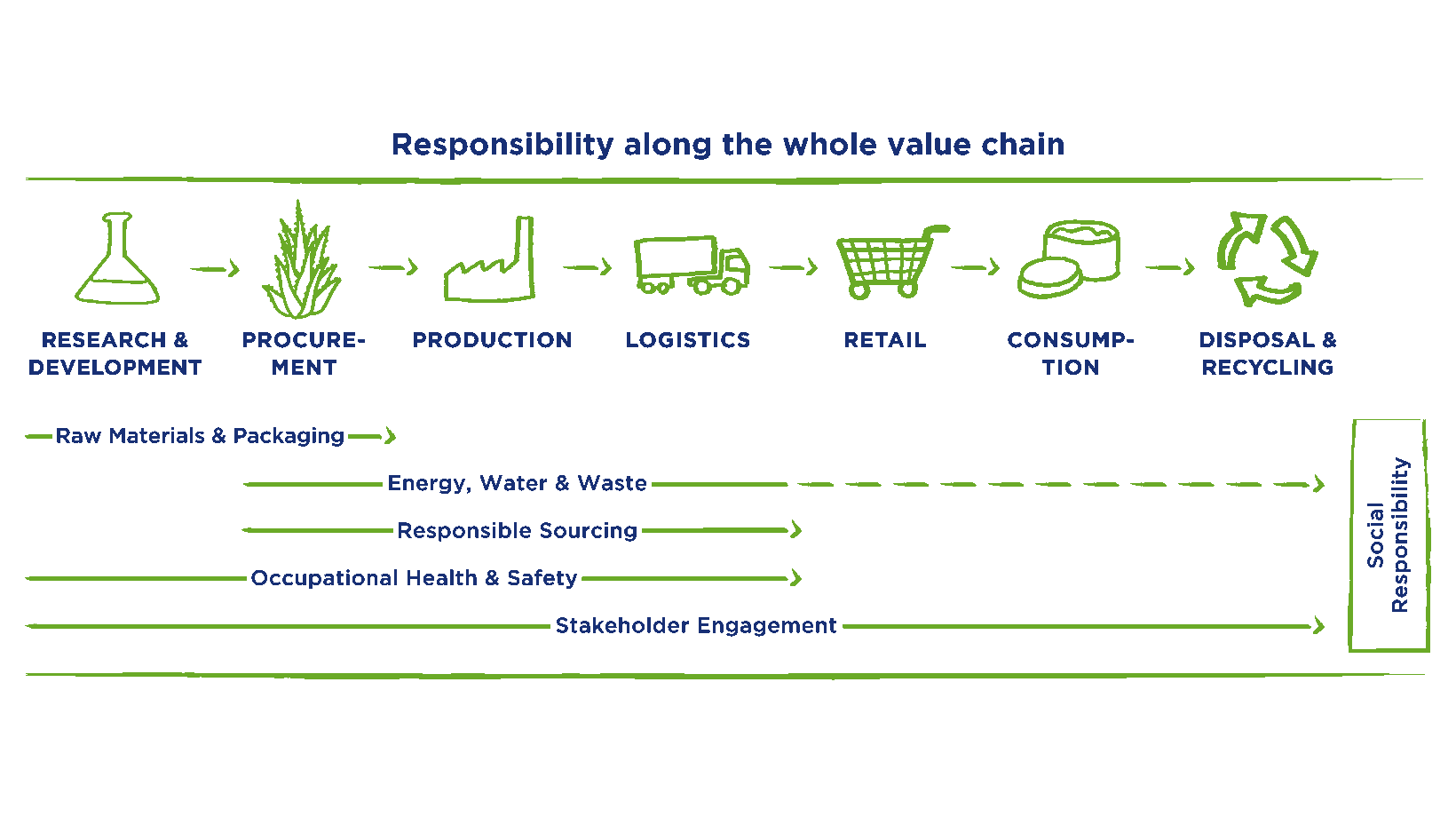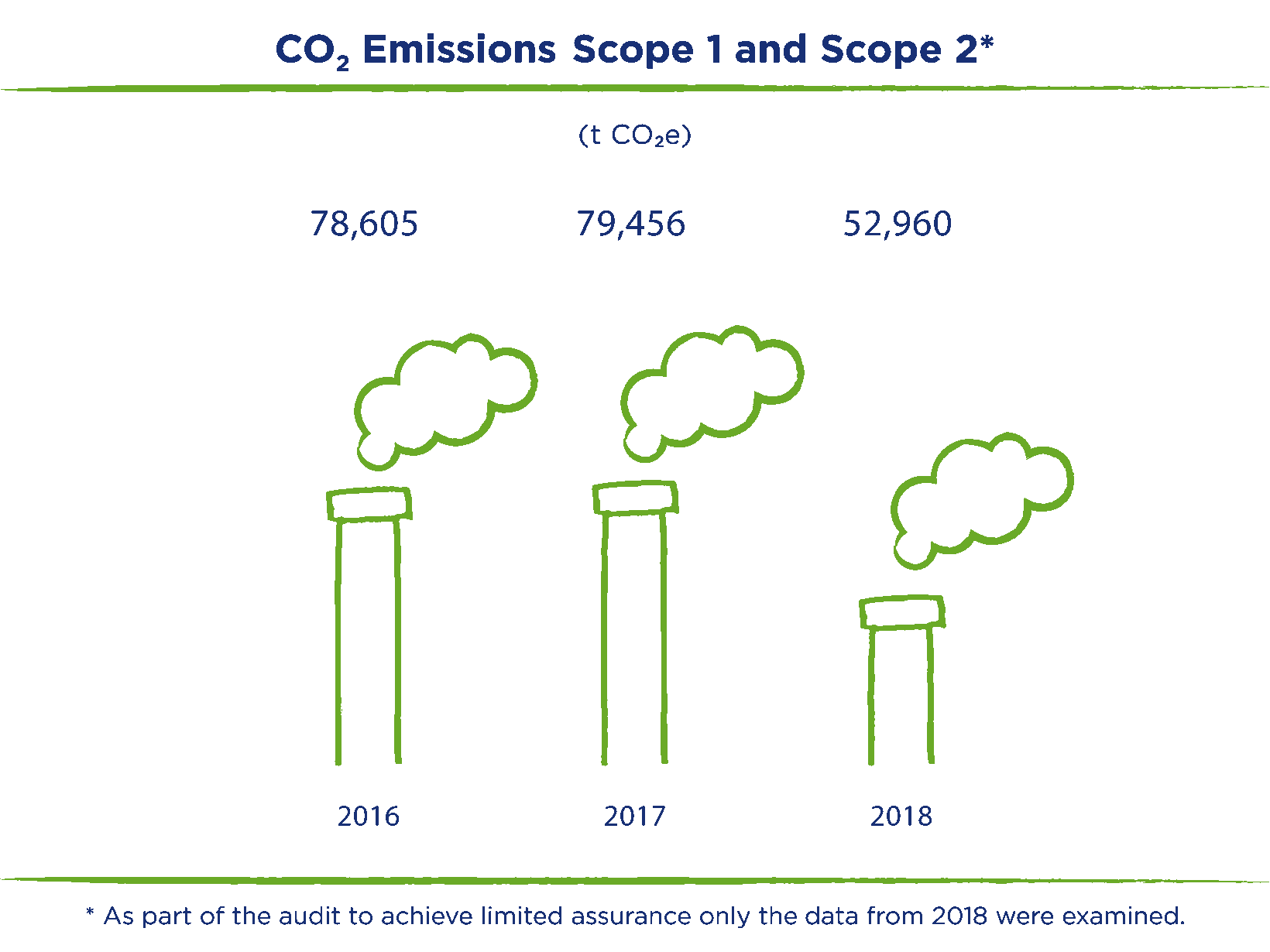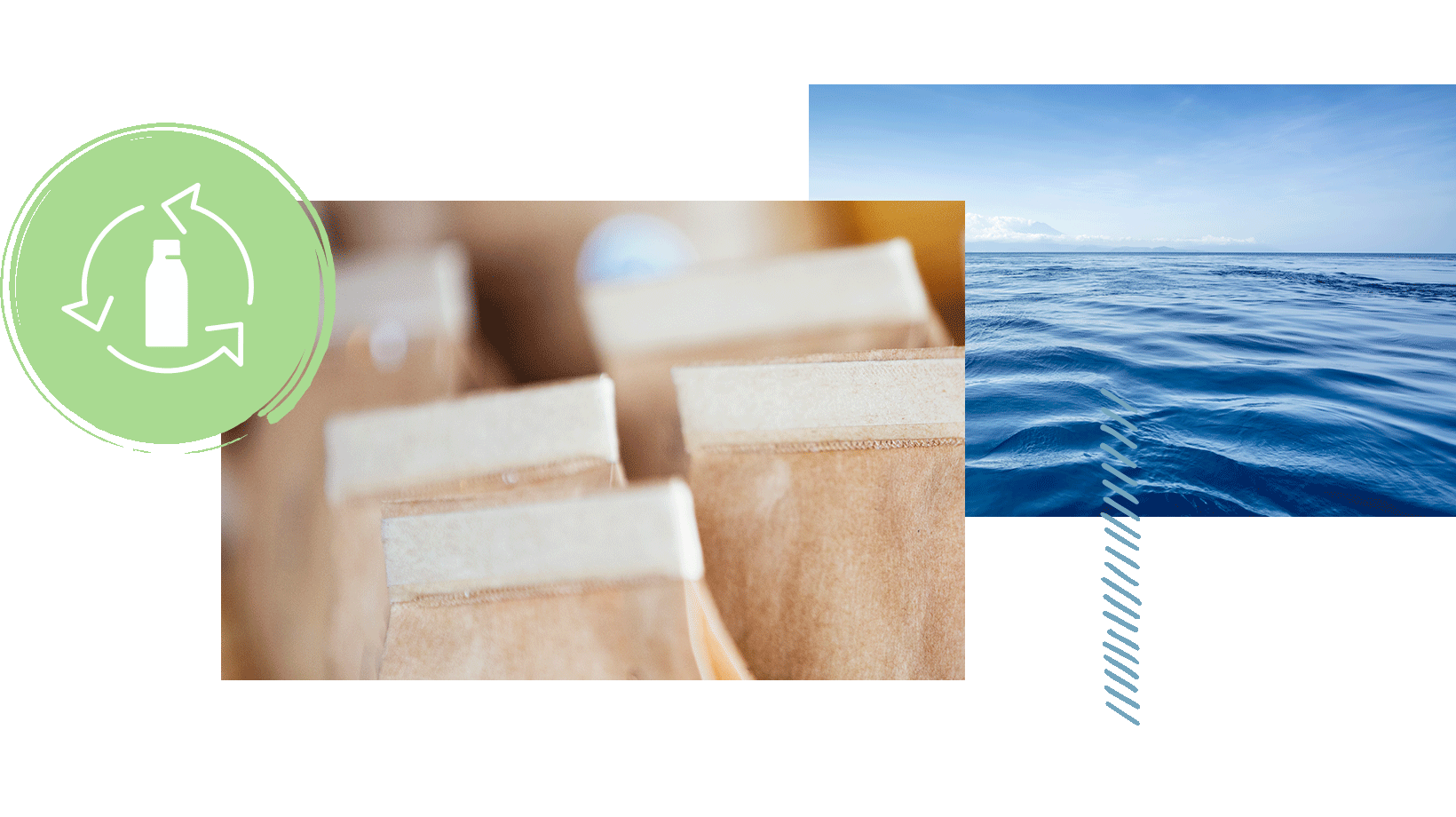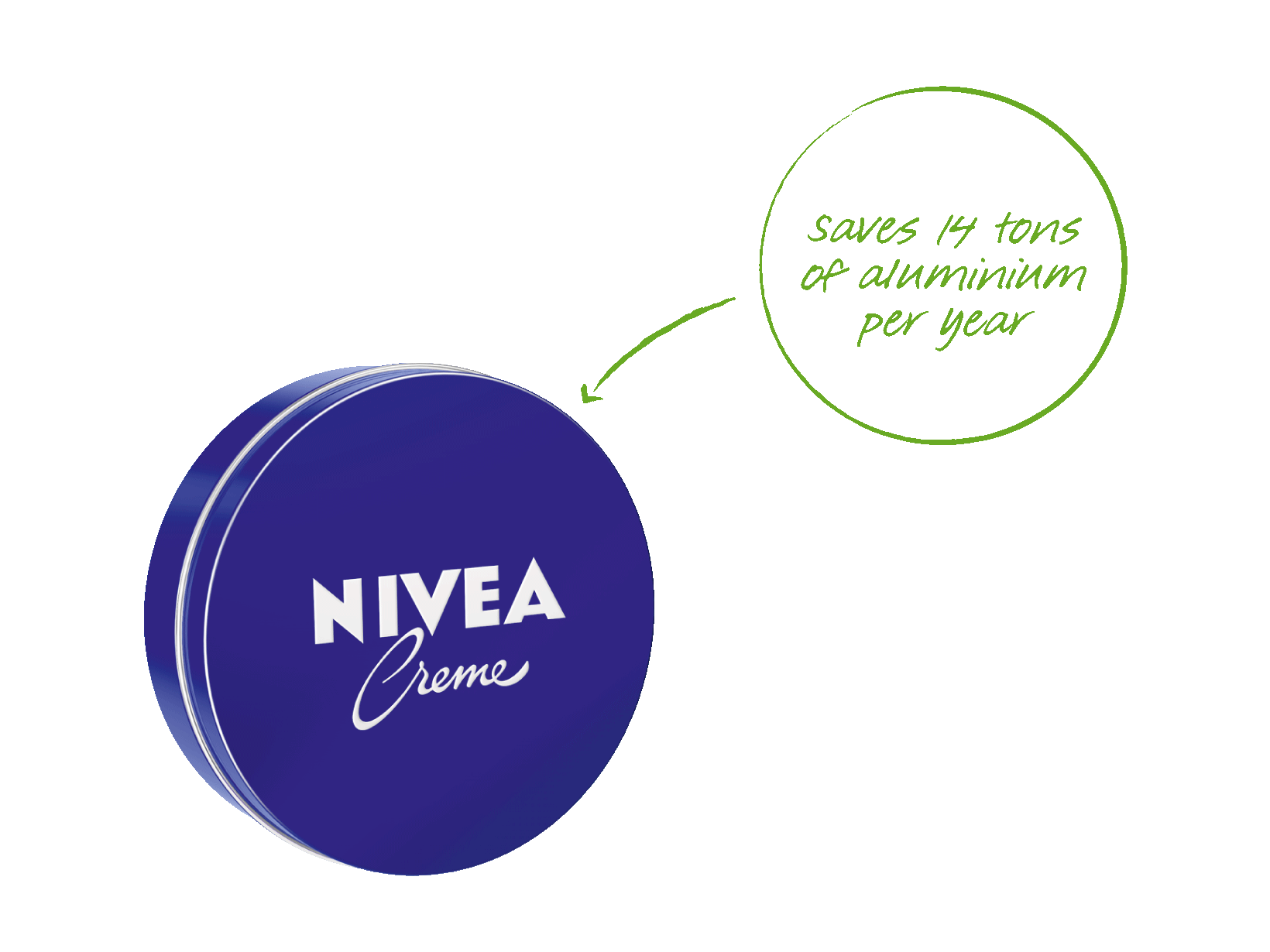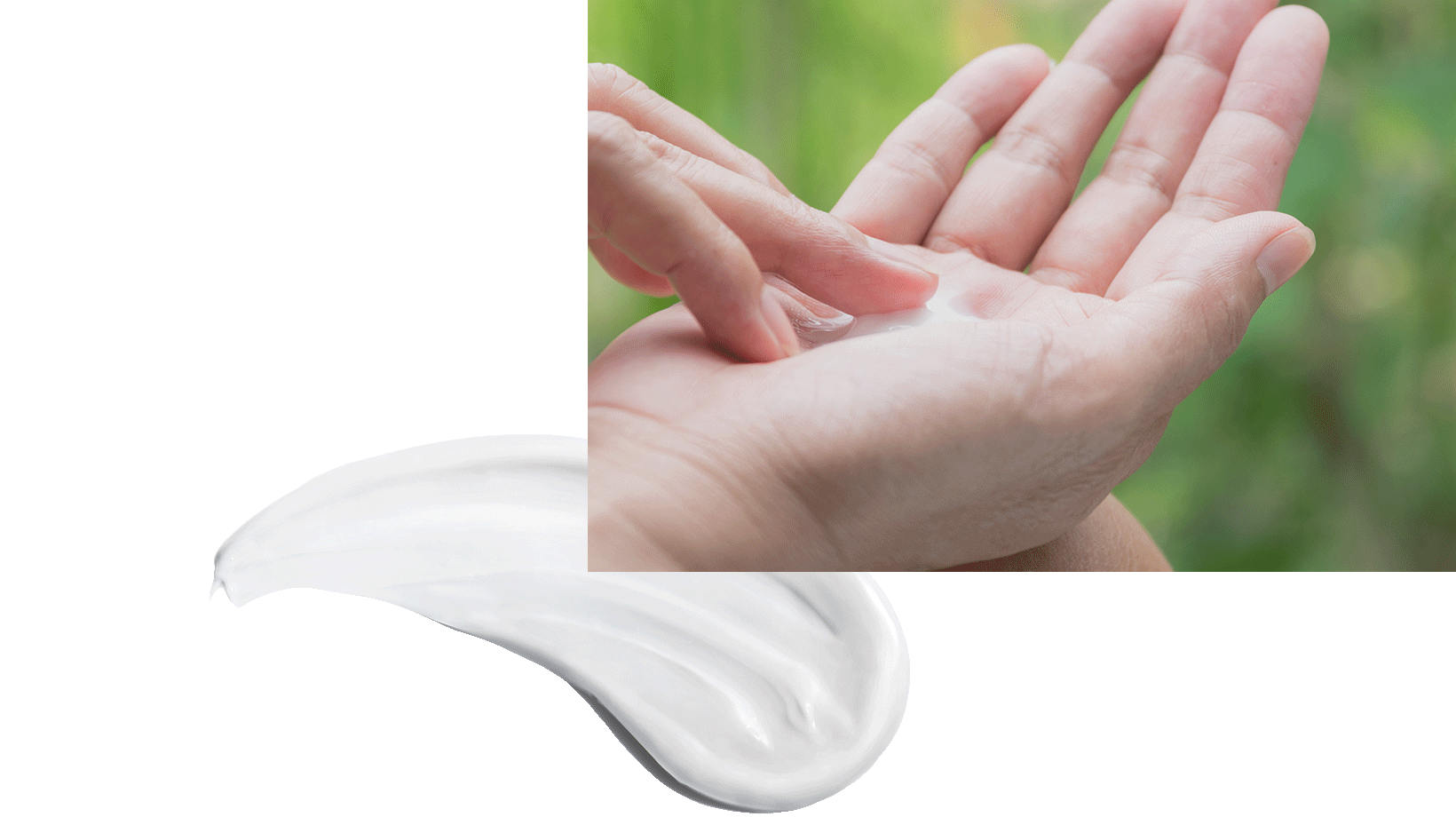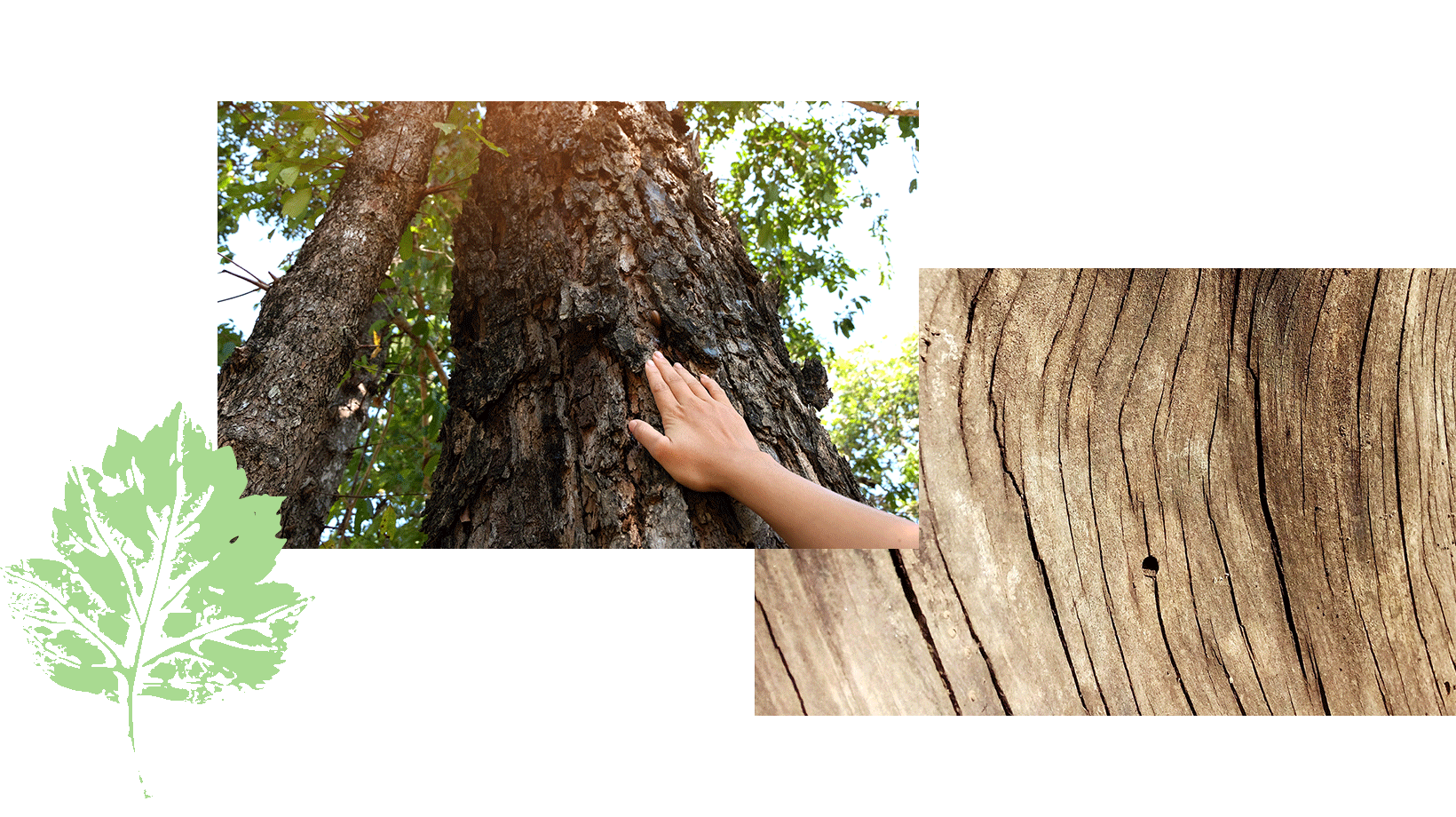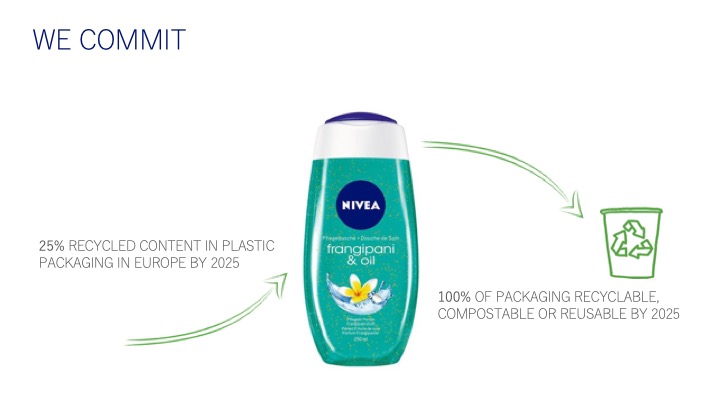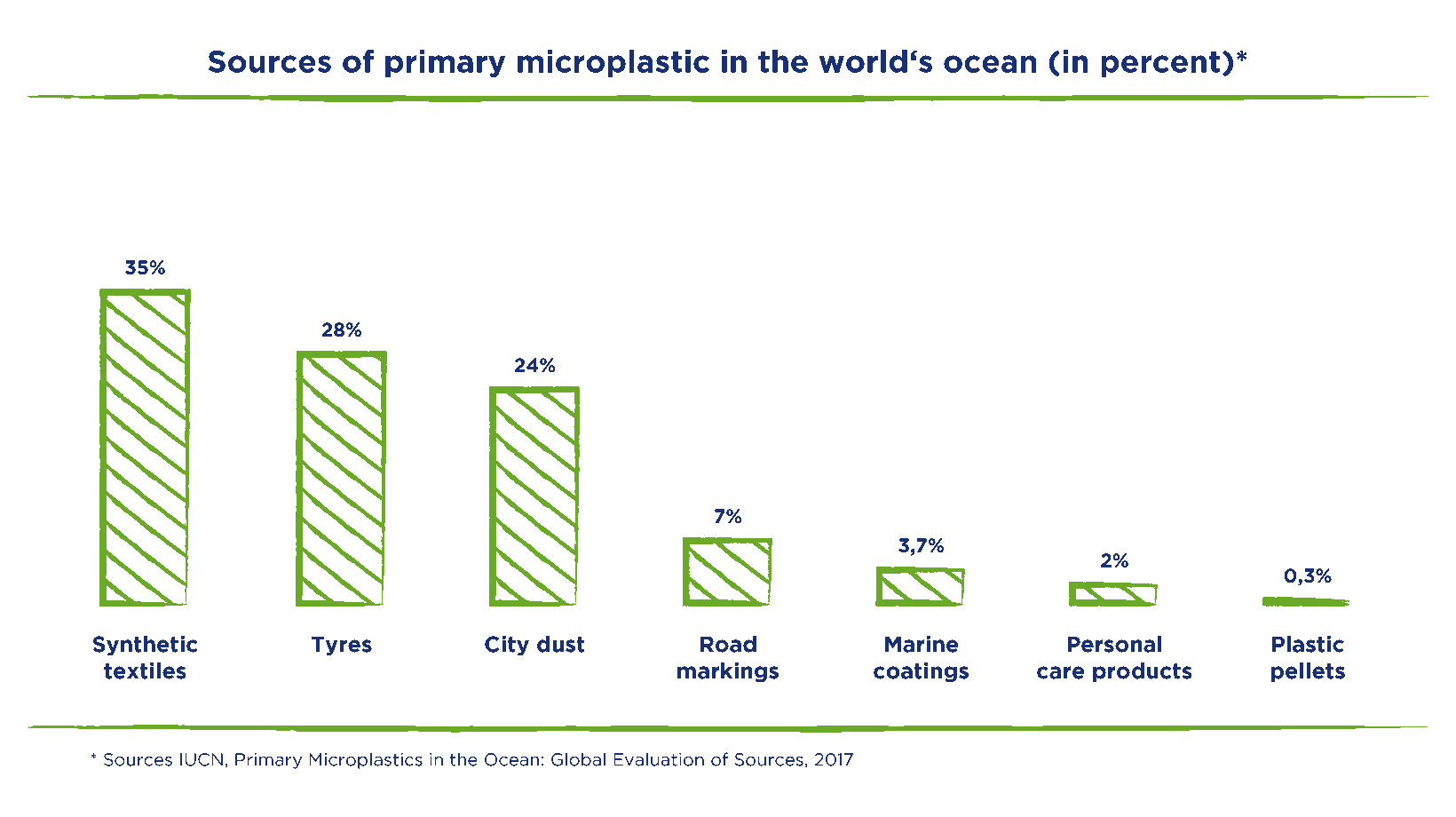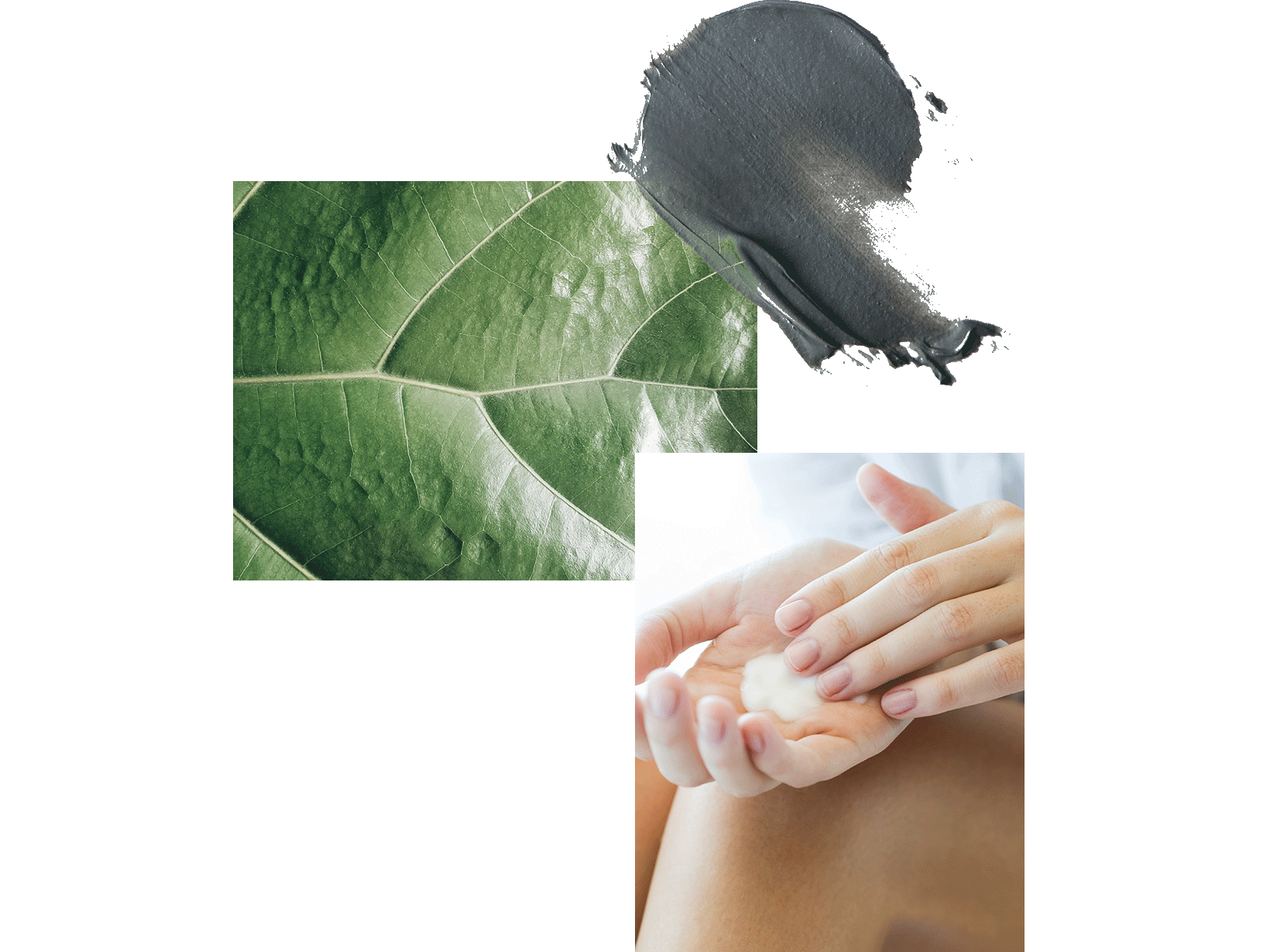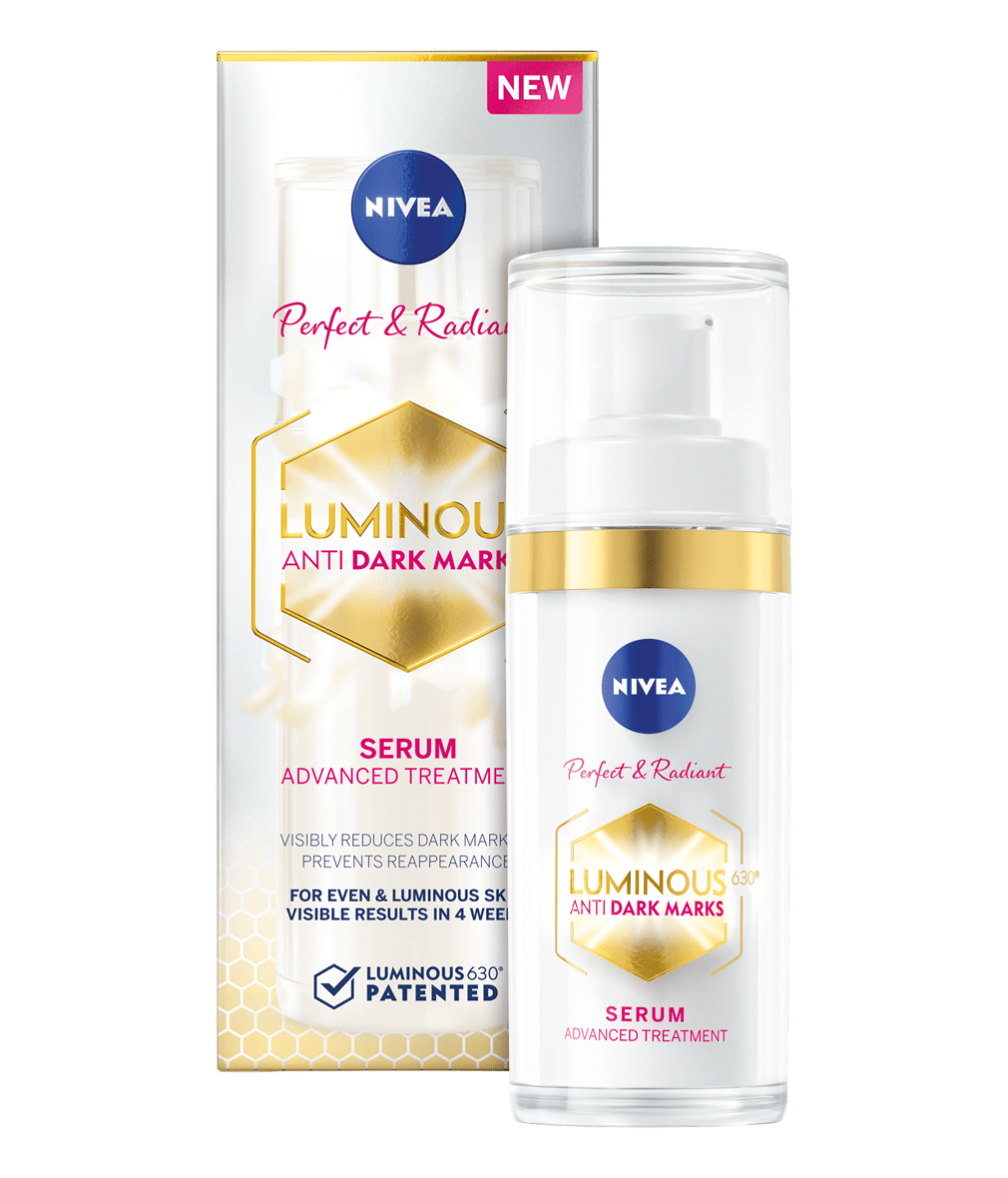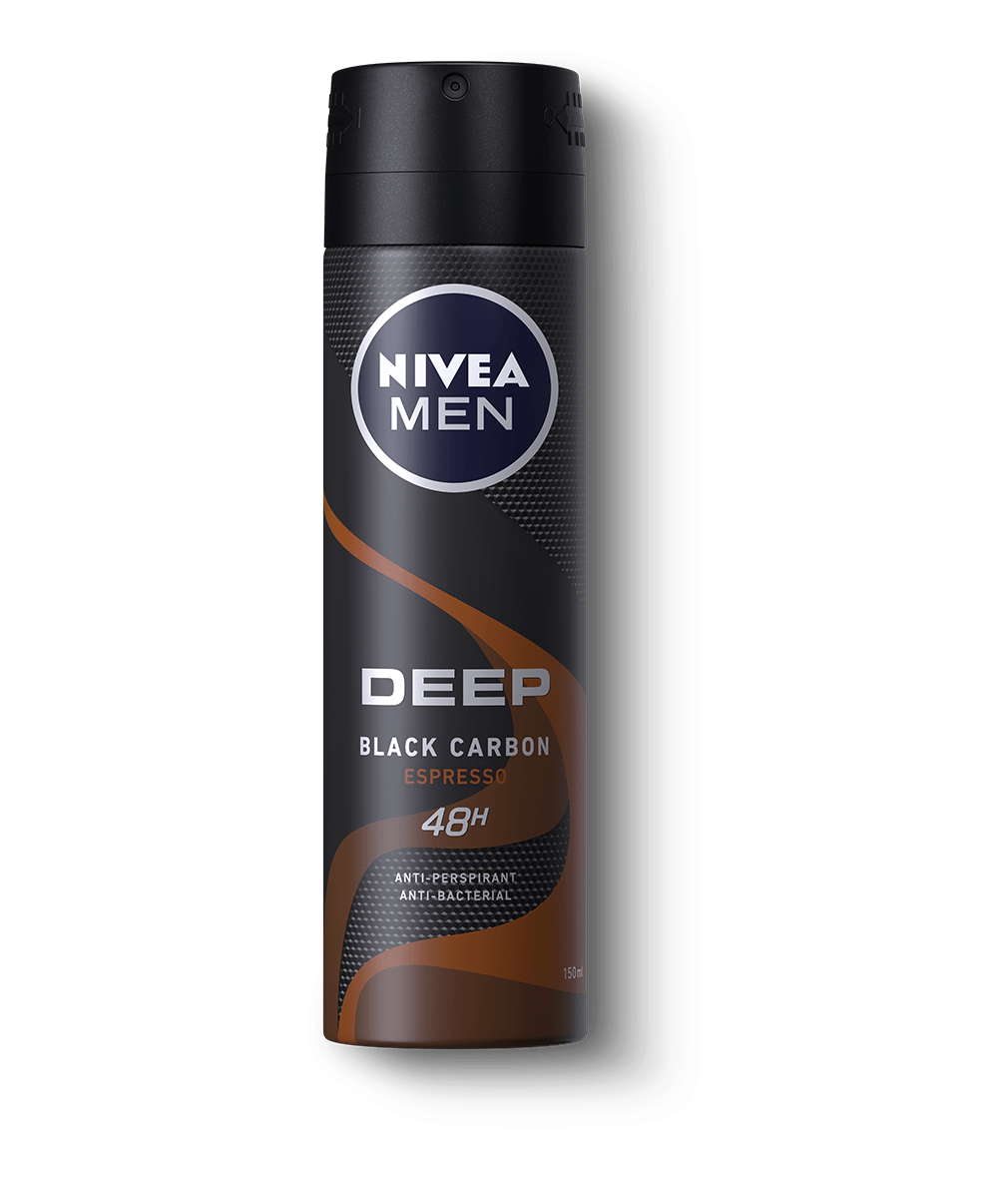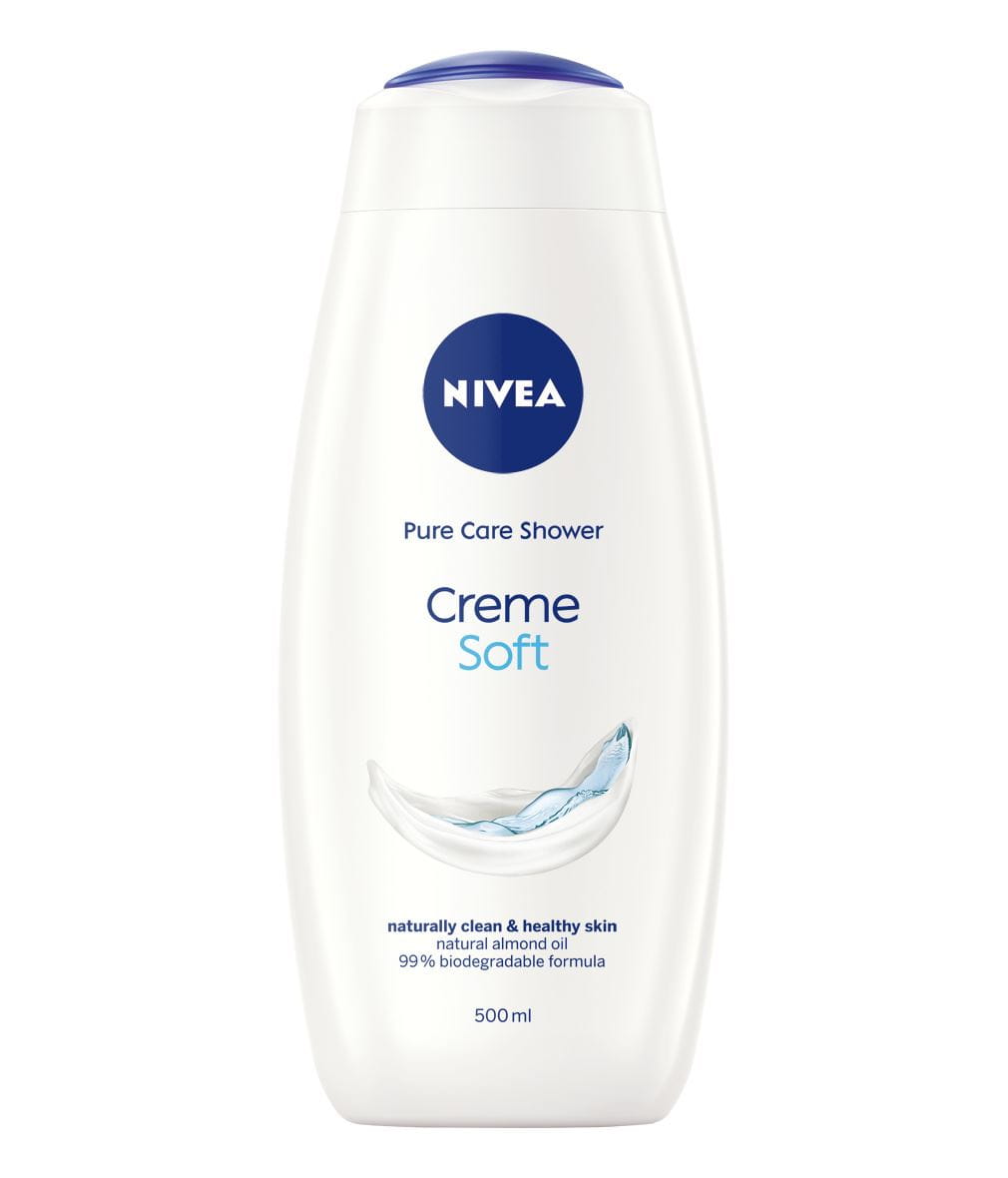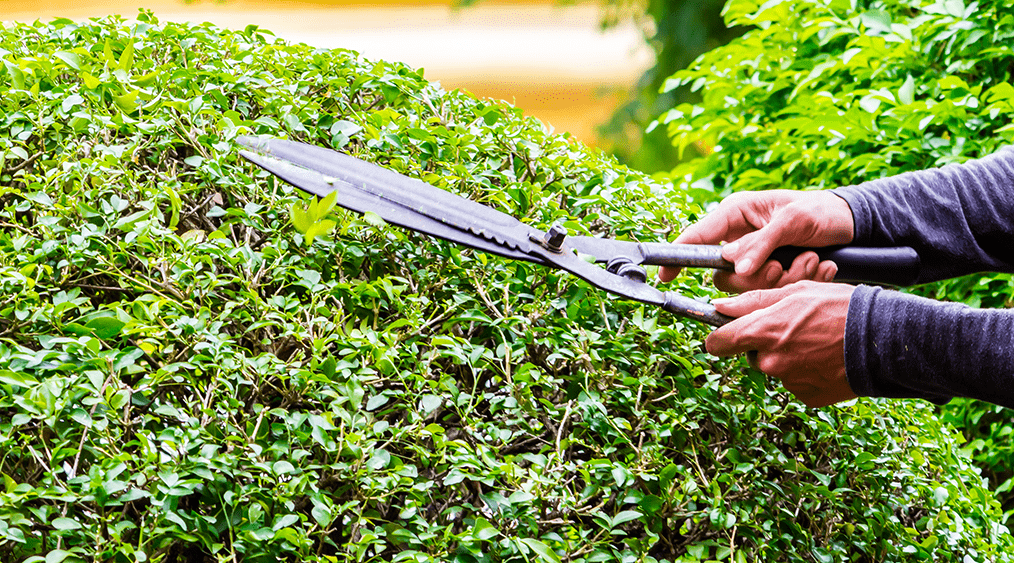Some of our ingredients in NIVEA products are derived from palm kernel oil – in fact, palm oil derivatives are used in 70 % of all cosmetics products. The problem with palm oil is that often large areas of rainforest are destroyed in order to make room for oil palm plantations. We believe that palm oil needs to be sourced sustainably without contributing to deforestation. Replacing palm oil with another plant-based oil is not the best option, though, because palm oil crops have a very high yield. An alternative, less-yielding vegetable oil option would be less sustainable since it would require more land to grow the crops.
Instead, we promote the shift to sustainably produced palm oil with our partners along the entire supply chain. Beiersdorf has joined the Round Table on Sustainable Palm Oil (RSPO) and the Forum for Sustainable Palm Oil (FONAP).
Guided by our “Palm Sustainability Roadmap”, we are on a journey to procuring only certified sustainable palm kernel oil derivatives worldwide. This includes our support for FONAP’s expanded certification criteria for more sustainable palm kernel oil – e.g., reduction targets for greenhouse gases and a ban of palm plantations on peat land and other carbon-rich land.
Our goal for 2020 is to source all Beiersdorf raw materials based on palm (kernel) oil from sustainable sources. By 2018, we had already covered 63 % of our palm-based raw material volumes with sustainably certified raw materials (RSPO “Mass Balance” standard). Until we reach our objective of full transition by 2020, we will continue to offset the remaining share of our uptake with sustainability certificates (RSPO “Book and Claim”).
In 2018, for the first time, we participated in the Carbon Disclosure Project (CDP) Forest Program and were awarded a “Score A” for our efforts to combat deforestation in our palm oil supply chain.


